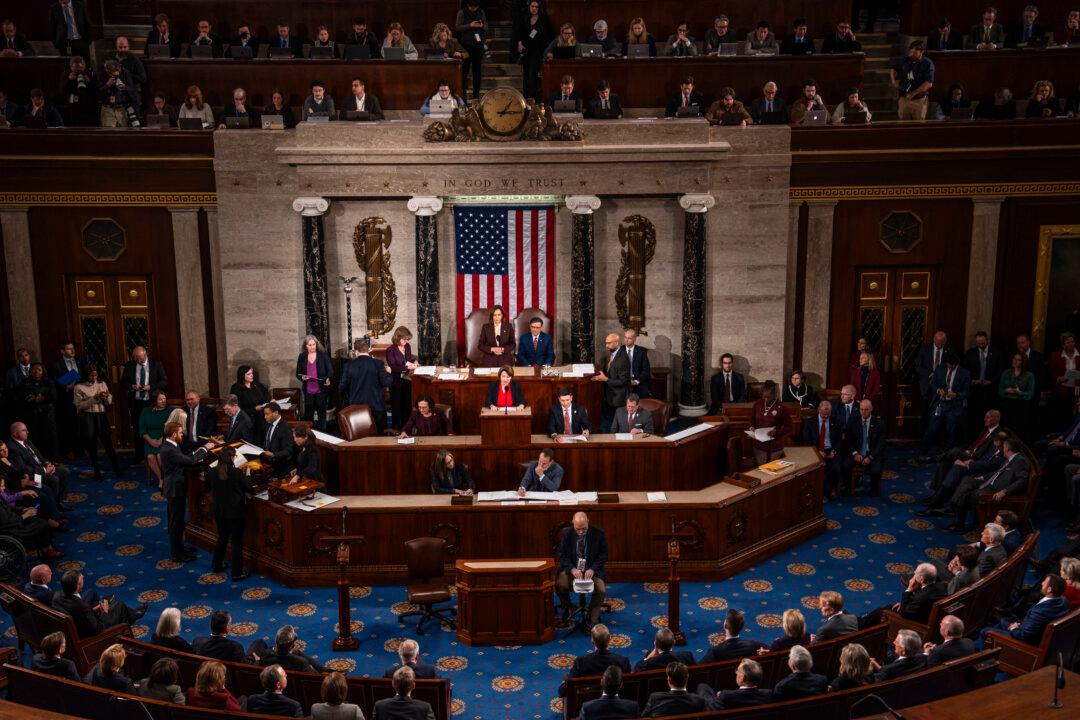WASHINGTON—The U.S. Congress on Jan. 6 certified President-elect Donald Trump’s electoral victory in the 2024 election, marking the official final step to guarantee Trump’s position as the incoming commander-in-chief.
Following in the footsteps of Al Gore and Walter Mondale, Vice President Kamala Harris oversaw the certification of her own election loss. The process confirmed that Trump received 312 electoral votes while Harris received 226.






